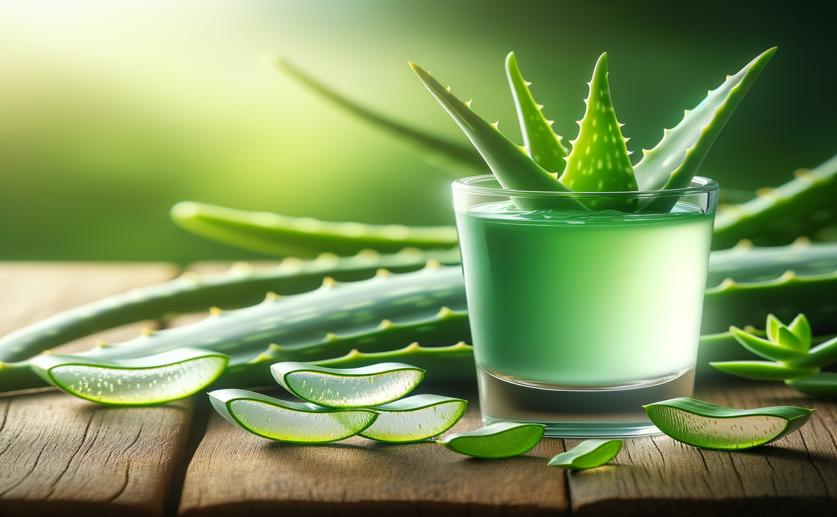
Safety Assessment of Drinking Aloe Vera Gel Daily for 90 Days
Jenn Hoskins
18th May, 2024

Image Source: Natural Science News, 2024
Key Findings
- The study, conducted by the University of South Florida and Michigan State University, evaluated the safety of a commercially available Aloe vera gel beverage
- Sprague Dawley rats were given the Aloe vera gel beverage for 90 days, and no adverse effects were observed
- The beverage did not cause any histopathological changes or increased cell proliferation in the liver, lungs, kidneys, or urinary bladder, indicating no carcinogenic risk
References
Main Study
1) Evaluation of 90-Day Repeated Dose Oral Toxicity of an Aloe Vera Inner Leaf Gel Beverage.
Published 15th May, 2024
https://doi.org/10.1016/j.fct.2024.114726
Related Studies
2) The absence of genotoxicity of a mixture of aloin A and B and a commercial aloe gel beverage.
3) Absence of genotoxicity of purified Aloe vera whole leaf dry juice as assessed by an in vitro mouse lymphoma tk assay and an in vivo comet assay in male F344 rats.
4) Genotoxicity of aloeemodin in vitro and in vivo.
Journal: Mutation research, Issue: Vol 367, Issue 3, Mar 1996
5) Herbs and Spices in the Treatment of Functional Gastrointestinal Disorders: A Review of Clinical Trials.



 8th April, 2024 | Jim Crocker
8th April, 2024 | Jim Crocker